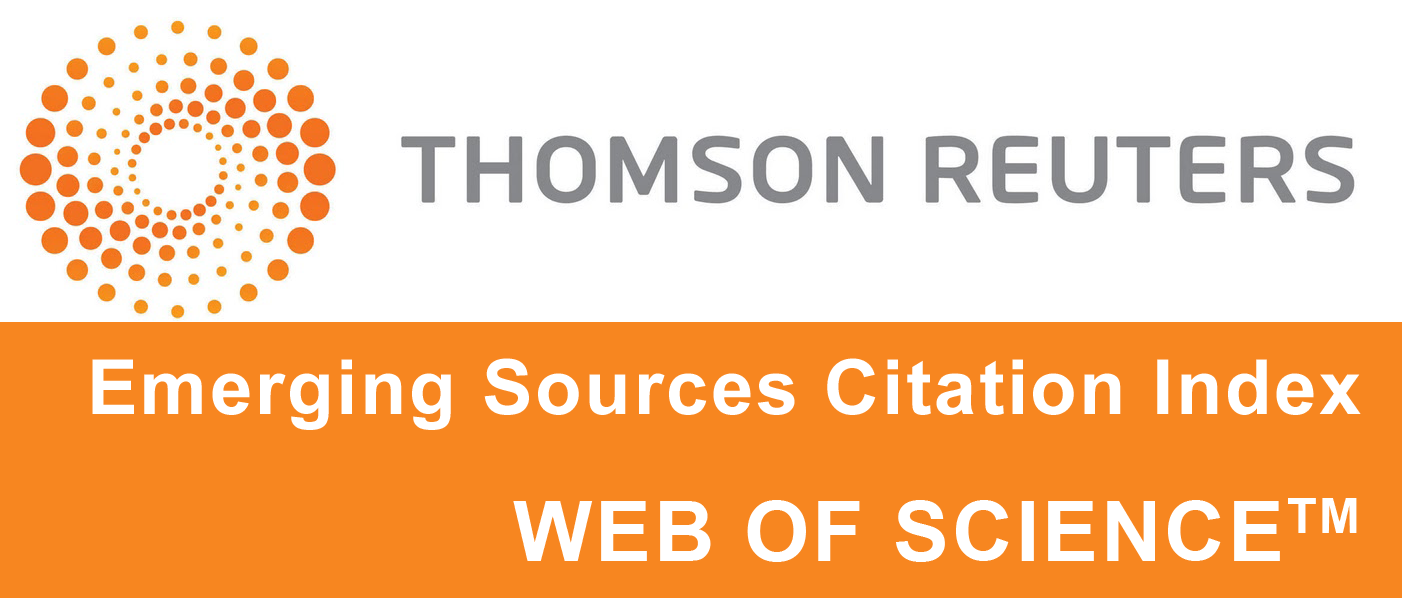Invoking “Indigenous Circumstances” in Disaster Governance Implications for Disaster Justice
Abstract
In 2010 the Philippine government introduced a national policy aiming forsafer, adaptive, and disaster-resilient communities. This article questionsthe assumption that the policy inherently benefits everyone in disastergovernance. Focusing on the challenges faced during its implementation,particularly in the resettlement of sea-based Badjao indigenous peoplenow living in urban areas, the study draws on a 2018–2019 case study. Itreveals that the rhetoric of safety justifies resettlement, contrasting withthe lived experiences that contest risk reduction, and argues that state-ledresettlement intensifies vulnerabilities. Utilizing empathic recognition, thisarticle explores how neglecting empathy toward indigenous communitiescan lead to disaster injustice.
KEYWORDS: INDIGENOUS PEOPLES • BADJAO • RESETTLEMENT • RHETORIC OFSAFETY • DISASTER JUSTICE
KEYWORDS: INDIGENOUS PEOPLES • BADJAO • RESETTLEMENT • RHETORIC OFSAFETY • DISASTER JUSTICE
Philippine Studies: Historical and Ethnographic Viewpoints is published by the Ateneo de Manila University
ISSN: 2244-1093 (Print)
ISSN: 2244-1638 (Online)









